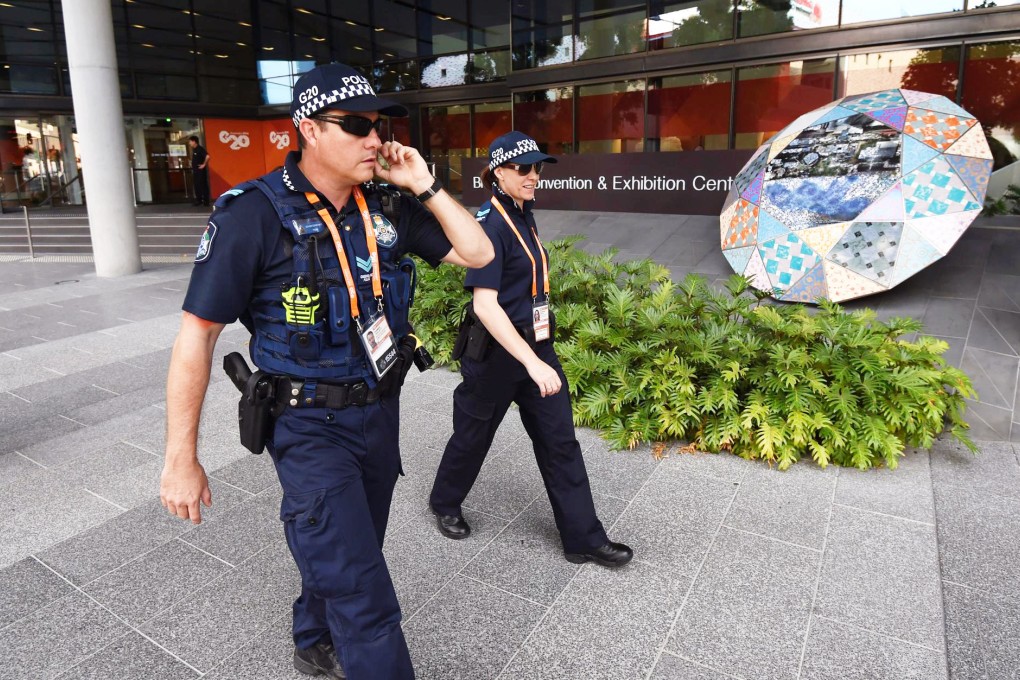G20 faces credibility test at Brisbane meeting
The group has failed to find consensus since the global financial crisis and now needs to show it can make progress in times of calm

Cool in a crisis, good when the going gets tough, at its best when the world's economic back is against the wall.
The G20 was widely praised for stabilising the world economy during the global financial crisis of 2008, but the body has struggled for impact - critics say relevance - since then.
In less critical times, its members have struggled to find consensus, descending instead into self-interested bickering, and reforms the G20 has promised have dwarfed those it has delivered.
This week's Brisbane meeting of the Group of 20 will be a crucial test: can it be a genuine agent for change, or just another tired horse on the merry-go-round of international confabs?
The G20 is unquestionably powerful. Collectively, G20 economies account for two-thirds of the world's people, 85 per cent of its gross domestic product, and three-quarters of global trade.
Unlike the too-exclusive G7, it includes the emerging giants of China, India and Indonesia, along with broader South American, African, and Asian representation. But with only 20 members, it's nimble enough to make decisions, as it demonstrated during the global financial crisis.